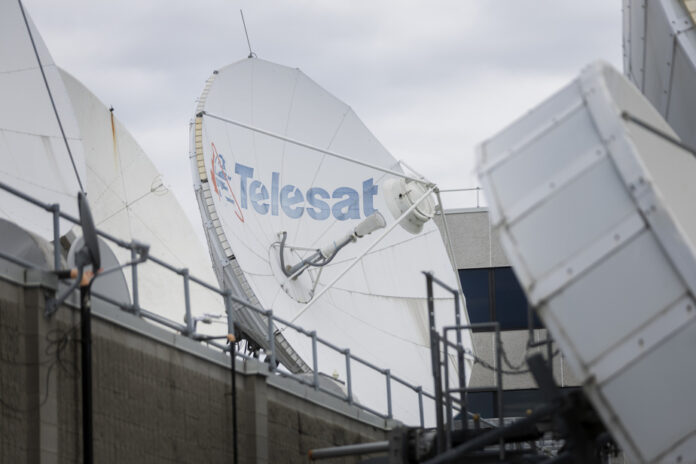The feasibility of a satellite project that should generate hundreds of jobs in Quebec is increasingly uncertain. Unable to finance its multi-billion dollar project despite government support, Telesat is about to lose key privileges in Canada and the United States.
This new tile is falling on the Ontario company as its financial situation is causing increasing concern. Its “capital structure” was recently rated as “unsustainable” by rating agency Standard
Telesat’s most recent misfortune: its inability to meet regulatory deadlines forcing it to put satellites into orbit on both sides of the border within specific deadlines. The company lifted the veil on this new pitfall in its annual report, recently filed with the regulatory authorities.
“Telesat will not abide by the terms set out in the authorizations,” the document reads. Therefore, she intends to seek relaxations. There is no guarantee that this change request will be approved. »
In an email, Lynette Simmons, a spokeswoman for the company in Ottawa, wanted to temper the annual report’s disclaimer. She claims that “other [companies] have been successful in obtaining accommodations,” without offering specifics on the timelines that will not be met.
The Lightspeed project wants to deploy satellites in low orbit – more than 1000 km above the Earth – in order to provide access to high-speed Internet in remote areas, in particular.
Despite everything, the bill for the project is approaching 7 billion, and the deadline set for 2024 for the first satellite launches no longer holds.
It has now been two years since the Legault government pledged to offer 400 million to Telesat – a 200 million loan and a 200 million investment in preferred shares. In exchange, the company promised to build half a dozen facilities in Gatineau, particularly for the management and monitoring of operations, which was to create 300 jobs. Ms. Simmons reiterated that these undertakings are still in effect.
The Trudeau government, for its part, granted 1.5 billion. Quebec and Ottawa, however, have not paid the promised funds since the financial arrangement of the constellation is not completed. Telesat hopes to find the missing money from agencies like Export Development Canada (EDC) and Bpifrance.
Reading the annual report, Telesat has its work cut out for it. Some 45 of its 256 pages paint a picture of the risks facing the company. She discusses her level of debt, her significant capital expenditures and the uncertainty of her ability to obtain the financing necessary to achieve her ambitions.
All these players have strong backs, notes Dimitri Buchs, expert in satellite telecommunications at Euroconsult – a consulting firm specializing in the space sector. It will therefore be difficult for Telesat to carve out a place for itself in this sector, believes the expert.
“The others are already ahead,” says Mr. Buchs, in a telephone interview with La Presse. These rivals will corner customers who won’t wait to get the service. Telesat arrives late. The demand is not endless. It’s starting to get harder and harder to see [Lightspeed] moving forward if there are any further delays. »
Standard
“We believe the delays should allow Starlink and OneWeb to make significant gains and capture Telesat’s market share in enterprise satellite telecommunications services,” Standard said.
A CCC credit rating signifies that a company is “vulnerable” and that its ability to meet its financial commitments depends on factors beyond its control, such as favorable market conditions and a strong economic environment.















